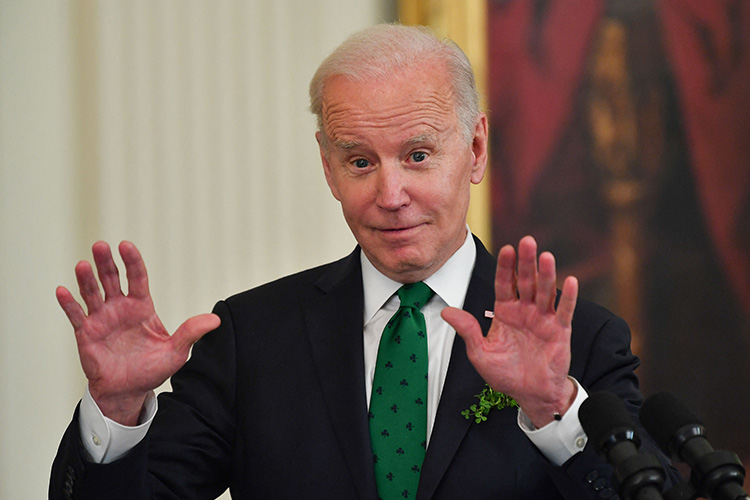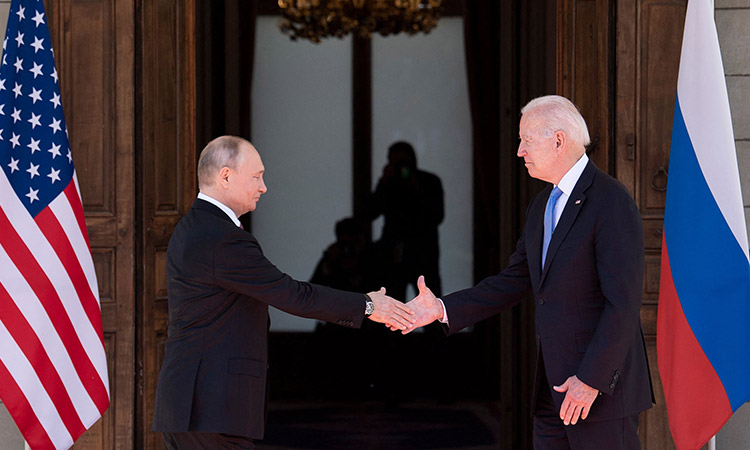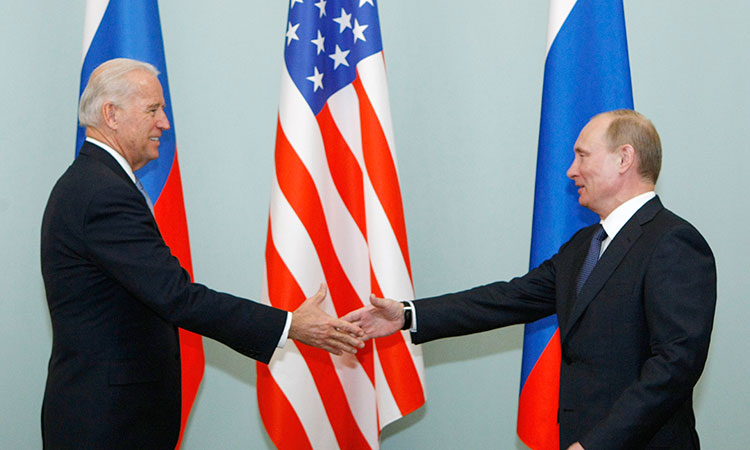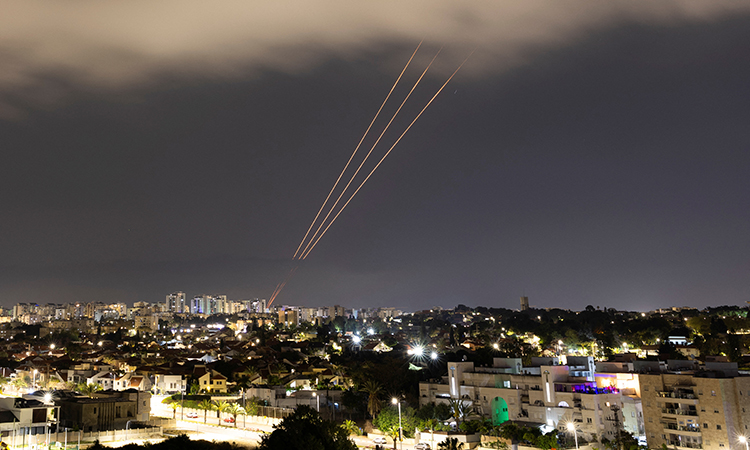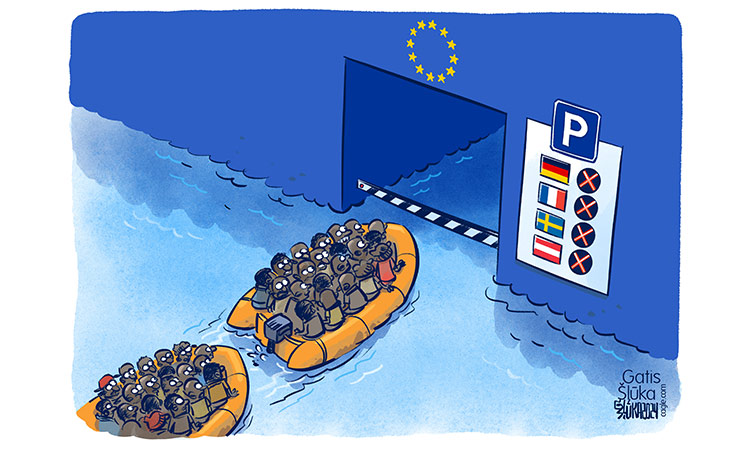Biden-Putin summit tests the strengths of beliefs
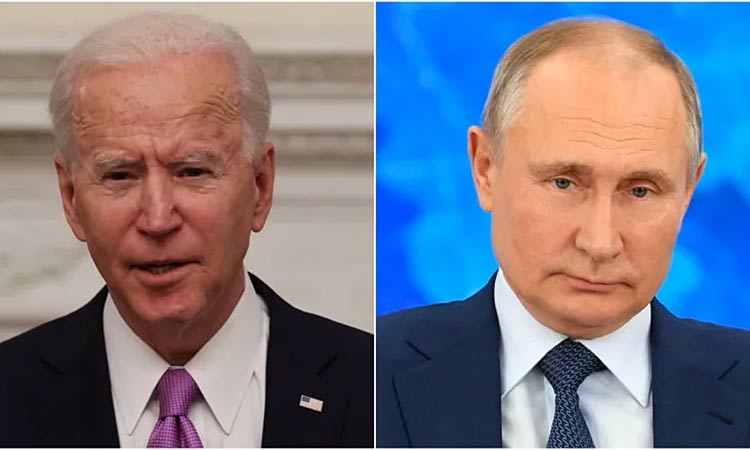
Joe Biden and Vladimir Putin. File
The most eagerly awaited event in President Joe Biden’s overseas trip to Europe is his June 16 summit meeting in Geneva with Vladimir Putin.
This is a high-drama event (whether or not the drama takes place in public). Biden has billed his entire trip as an effort to rally the world’s democracies to the competition with dictators at a seminal moment in history. He will meet Putin only after conferring with America’s closest European allies, and with NATO.
“We have to discredit those who believe that the age of democracy is over,” Biden told U.S. troops in England on Wednesday. “We have to expose as false the narrative that decrees of dictators can match the speed and scale of the 21st [century] challenges.”
But how to convey that message to Putin, who claims the West is in decline and has been recently massing troops on Ukraine’s borders, and increasing repression of Russian civil society?
Biden says the United States wants “a stable and predictable relationship” with Russia so Washington can work on arms control and “strategic stability” (avoiding military clashes), but is that goal a delusion?
I put these questions to several experts on Russia and their response was a qualified “maybe” — but only if Biden is direct with Putin about America’s red lines and responds if they are crossed.
Biden’s background, and long experience with Russia and Putin, rule out the blatant errors former President Donald Trump made at the disastrous 2018 Trump summit in Helsinki. Who can forget the moment when Trump kowtowed to the Russian leader at a news conference, endorsing Putin’s denial of election interference over the findings of U.S. intelligence agencies?
“The previous [Trump] team couldn’t handle Putin,” I was told by Fiona Hill, senior director for Europe and Russia on the National Security Council under Trump, who attended the Helsinki summit. “This [Biden] team will stick to message, and not have someone up there freelancing.
“Biden is a professional. You can manage this if you have discipline, limited expectations, and act like a president. You make sure that everyone knows what was said, and you make it clear that the summit was not a reward.”
Hill thinks it’s worthwhile to try to reestablish regular diplomatic contacts with the Russians over issues that should be of common interest — like preventing military clashes — and in order to lay down markers on aggressive Russian actions.
But Biden needs to be realistic about prospects for “strategic stability.”
“Putin wants instability, managed confrontation,” she warns, to show his toughness to the home audience and the world.
Hill adds: “The Russians don’t want to provoke a U.S. response. They worry about going too far.”
Further, she adds, they want to use deniability (as when they deny Russian involvement in election meddling or cyberattacks). “We have to hit them back so they respect the limits.”
Of course, Putin will try to shift the conversation from Russian aggression.
“Putin’s vision of security in Europe is Yalta II,” says Alexander Vershbow, former U.S. ambassador to Russia and deputy secretary-general of NATO. Vershbow is referring to the post-World War II carve-up of Europe into spheres of influence by Soviet leader Joseph Stalin and President Franklin Delano Roosevelt at Yalta.
“And Putin’s idea of strategic stability,” the former diplomat adds, “is based on the US giving a free hand to repress [Russian dissidents such as Alexei] Navalny and pressure on Ukraine. We have to show we don’t want stability more than he does.”
